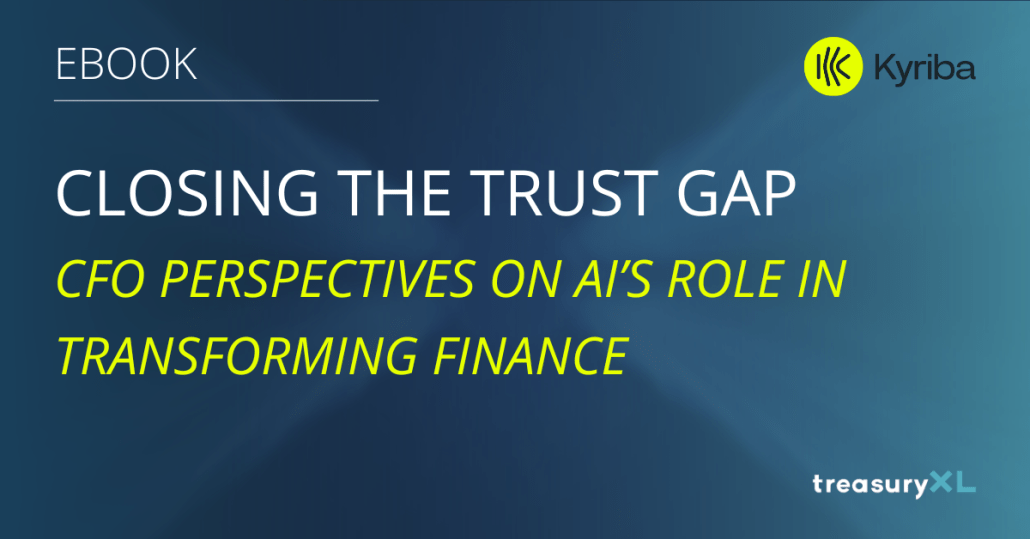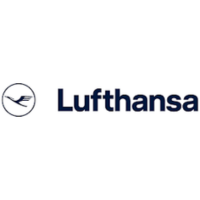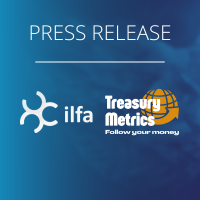To say we’re living in trying times is a woeful understatement. From tariffs and geopolitical tensions, to increased scrutiny and budgetary pressures, it’s a daunting time to lead a business–or hold responsibility for its financial success.
And yet, we’re also seeing incredible technological advancement, including warranted excitement around the promise of generative AI. Amid the uncertainty we face–who wouldn’t jump at the chance to integrate new technologies to deliver faster data and streamline time-intensive processes?
While AI has transformed industries from healthcare to ecommerce, the shift is far more measured in the finance and treasury space.
CFOs are cautious–and rightly so. Ensuring legal and regulatory compliance, safeguarding sensitive data, and protecting stakeholder interests means constantly managing risk. Eager as leaders may be to embrace innovation, we cannot afford to rush automation in the name of efficiency–certainly not without ensuring compliance, safety, and transparency.
Within this study, you’ll find insightful global perspectives on how finance leaders are grappling with the many opportunities and challenges of AI adoption. What I find most notable is the clear divide–what we’ve dubbed “The Trust Gap”–between the promise of AI-driven financial transformation and the fear of security risks impacting an organization’s financial health.
Despite what some say, embracing AI to automate and optimize manual treasury processes doesn’t have to mean sending highly-sensitive data to a third-party. And it certainly doesn’t mean replacing humans.
At Kyriba, we reject this false dichotomy and believe finance and treasury professionals deserve the gold standard in trust, transparency, and control. For us, that means building a thoughtful, on-premise, embedded LLM–powered by 20+ years of unmatched global liquidity data–and high data security without third-party integrations. Embedding our agentic AI-driven solution directly into our platform ensures our customers’ data adheres to rigorous security, compliance, sovereignty, and transparency standards, empowering finance leaders to make faster, smarter decisions–with human judgment at the center.
As you read this CFO survey report, I challenge you to think about what level of trust you expect from your colleagues, customers, and technology partners. When the stakes are higher than ever, is it time to demand more from the tools you rely on to manage complex financial challenges and drive strategic growth?
For me, I welcome customers to hold my organization–and our AI-powered solutions–to a higher standard. Let’s push for what is quite reasonable at the end of the day: security, transparency, and trust.
Executive summary: balancing innovation and trust in AI adoption
Artificial intelligence is reshaping how CFOs and senior financial decision-makers approach strategy, operations, and growth. However, a significant challenge exists with a trust gap between the untested promise of AI and the wariness of security and privacy risks. With financial leaders unable to afford AI-driven miscalculations, many are understandably cautious about adopting AI without the assurance of robust safeguards to protect their organization’s financial health. This cautious approach is understandable given the unique pressure finance teams face; their decisions directly affect cash flow, compliance, and corporate reputation, making the margin for error exceedingly small.
Conducted across the United Kingdom, France, Japan, and the United States, our CFO survey captured perspectives from 1,000 CFOs and senior financial decision-makers, offering a global view of the evolving role of AI in financial leadership. While the promise of AI is undeniable, a deep trust gap persists, with 76% of financial leaders concerned about security and privacy risks undermining their organization’s financial health. This caution has the potential to hinder adoption, highlighting the need for financial leaders to strike a careful balance regarding innovation, governance, and transparency.
This trust gap, while considerable, exists alongside the undeniable opportunities AI offers to enhance efficiency, accuracy, and strategic decision-making. From automating routine processes to driving critical insights in investment analysis, many CFOs (53%) are excited about the transformational impact of AI. The findings spotlight a critical moment in finance, as 96% of CFOs prioritize the integration of AI while grappling with these trust concerns. To thrive in this evolving environment, leaders must address these challenges head-on, implementing robust safeguards and ensuring transparency in their AI-driven solutions.
To bridge the trust gap, the role of trusted AI is pivotal. Built with transparency, security, and accountability at its core, it provides the assurances finance leaders need to confidently adopt AI-driven strategies. By addressing these high-stakes concerns, trusted AI enables smarter, faster decisions and also ensures financial resilience in an unpredictable landscape.
This CFO survey report uncovers the complexities of AI adoption and use in finance, examining the strategic importance of its integration and offering key insights into how financial leaders are navigating this transformation. With AI at the center of change, the decisions made today will shape the future of financial leadership, setting the stage for agility, resilience, and long-term success.














